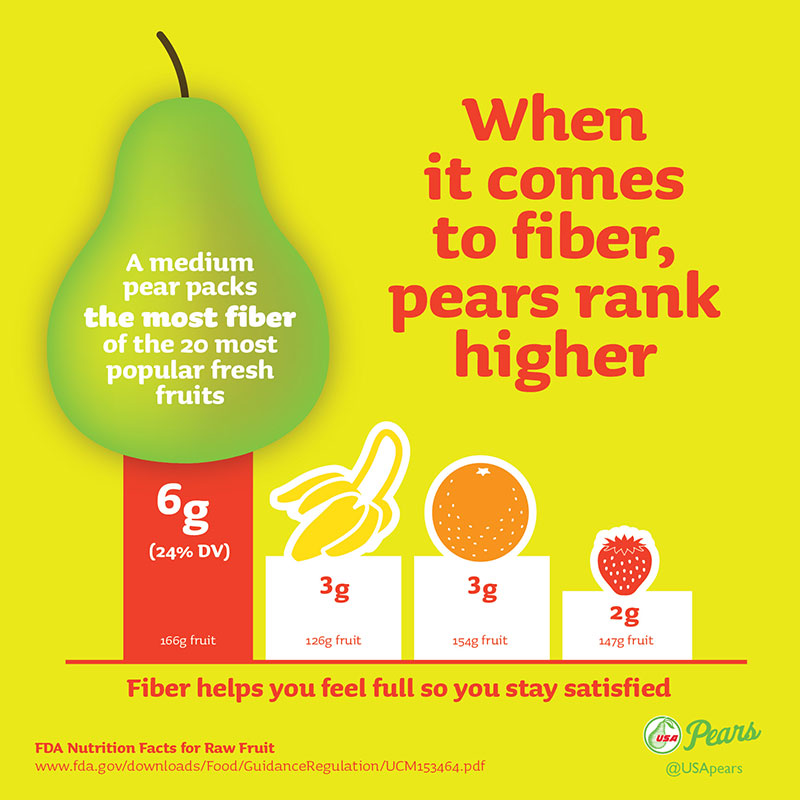 There’s good reason as to why we have an entire month dedicated to heart health: heart disease is the number 1 cause of death for men and woman in the United States (National Center for Health Statistics, 2016). According to the CDC, this has been the case for upwards of 80 years now, with current numbers pointing to about 610,000 deaths in the United States every year. Translation: heart disease is to blame for 1 out of every 4 deaths in America! While statistics like this are shocking and scary, there is at least one thing you can start doing today to immediately lower your risk: improve your diet.
There’s good reason as to why we have an entire month dedicated to heart health: heart disease is the number 1 cause of death for men and woman in the United States (National Center for Health Statistics, 2016). According to the CDC, this has been the case for upwards of 80 years now, with current numbers pointing to about 610,000 deaths in the United States every year. Translation: heart disease is to blame for 1 out of every 4 deaths in America! While statistics like this are shocking and scary, there is at least one thing you can start doing today to immediately lower your risk: improve your diet.
The truth is, a healthy heart is directly correlated with a healthy diet. Studies show that fiber is excellent at preventing and reducing elevated cholesterol levels, which is a strong predictor of heart disease (Chai, 2012) (Department of Epidemiology, Tulane University School of Public Health and Tropical Medicine, 2008). High levels of cholesterol can lead to atherosclerosis, which is plaque buildup on the artery walls that can constrict blood flow and lead to heart attacks. Fiber, the zero-calorie indigestible part of carbohydrates, helps lower cholesterol by attaching itself to dietary cholesterol and ushering it out of the body, so it never gets absorbed into the blood (where it would otherwise stick and build up on the artery walls – yikes!).
So, how can you fiber-up your diet? Pears are a delicious place to start! A medium pear puts you 6 grams closer to meeting your daily fiber needs—which for women is 25 grams, men 38. Pears also have Vitamin C, with a medium-sized pear containing approximately 7 mg or 10 percent of the daily value. Because pears don’t need to be refrigerated, they’re also a very portable snack, especially if you work a desk job or are on the go. Pack one with you today to show your heart some pear love.
